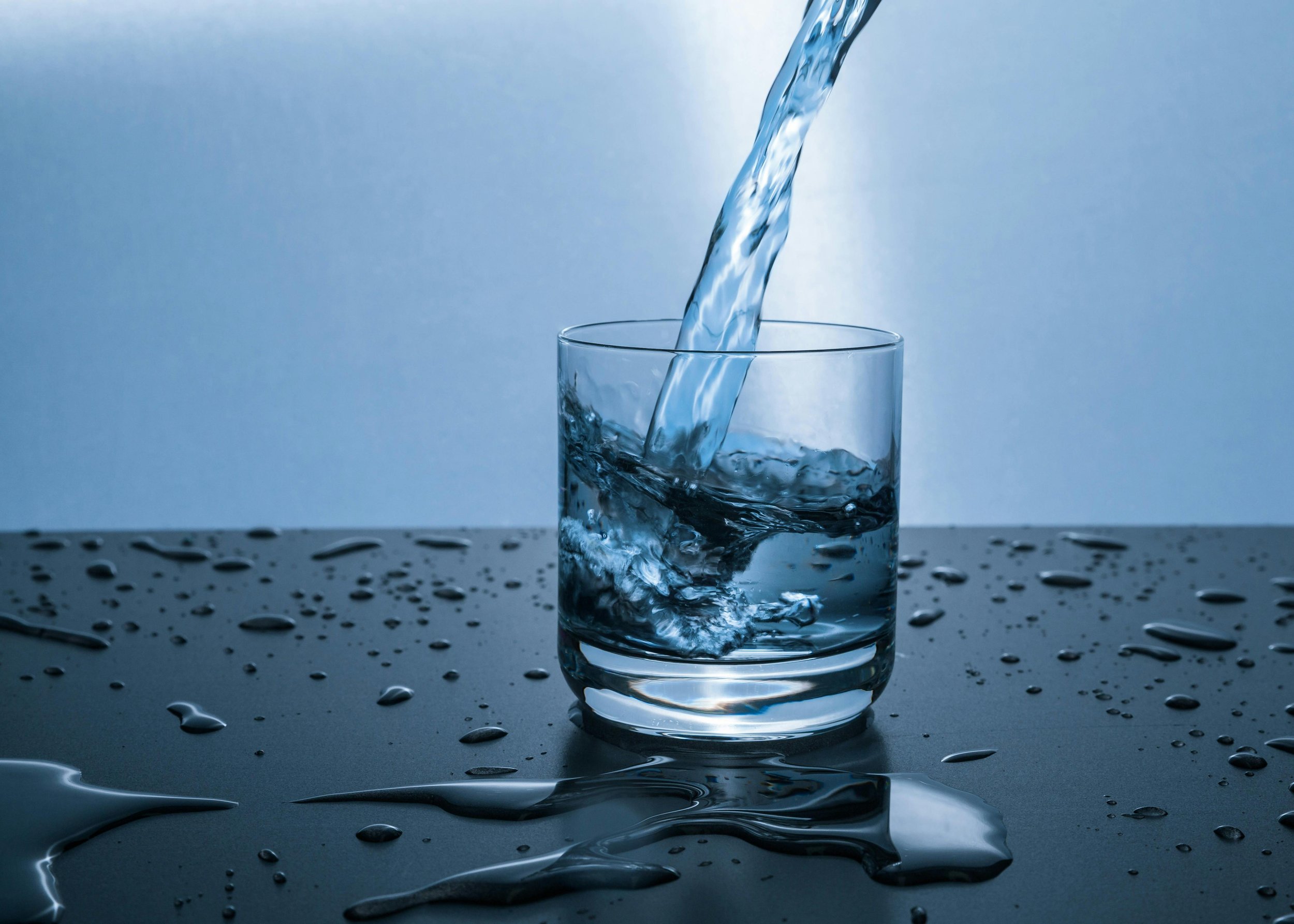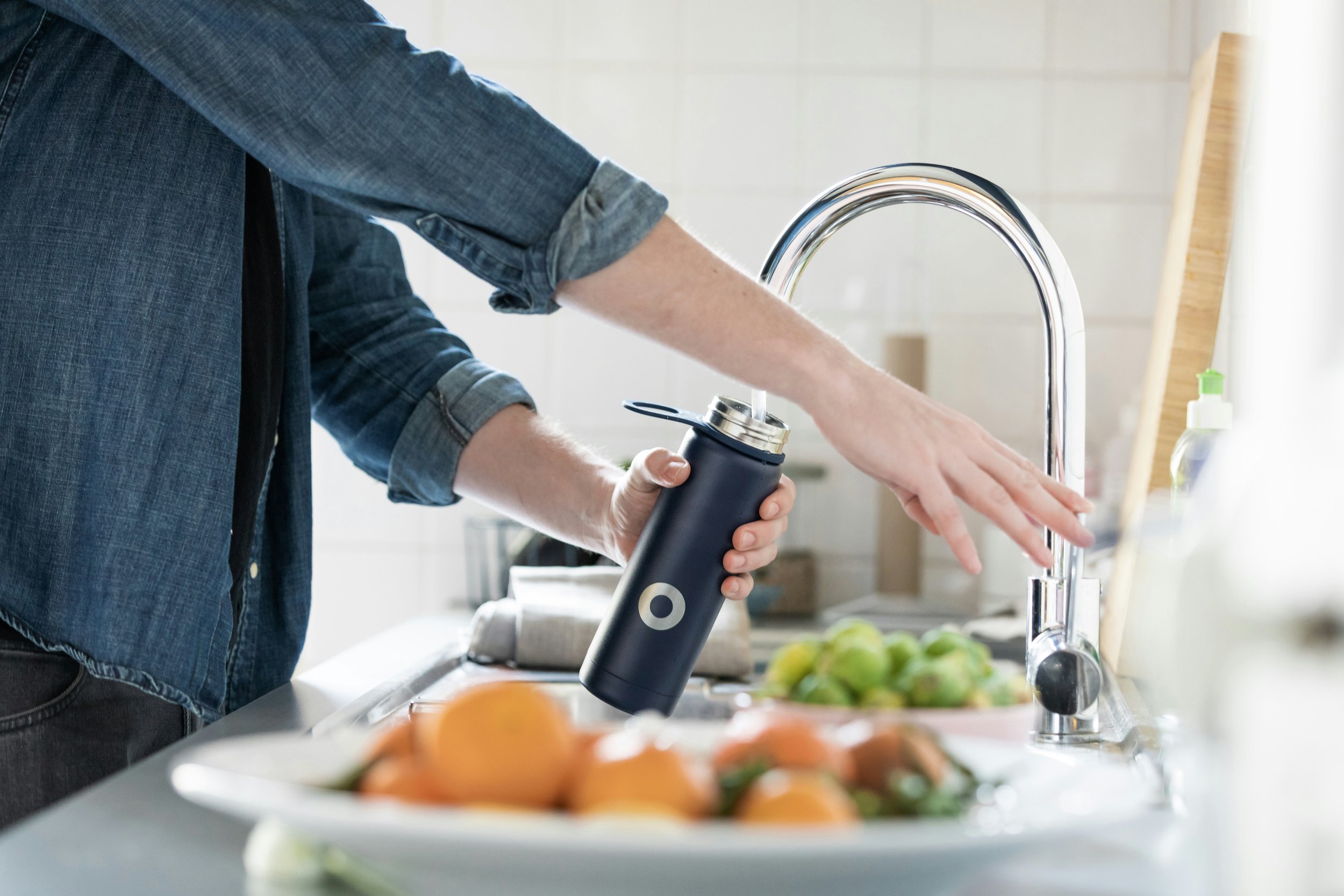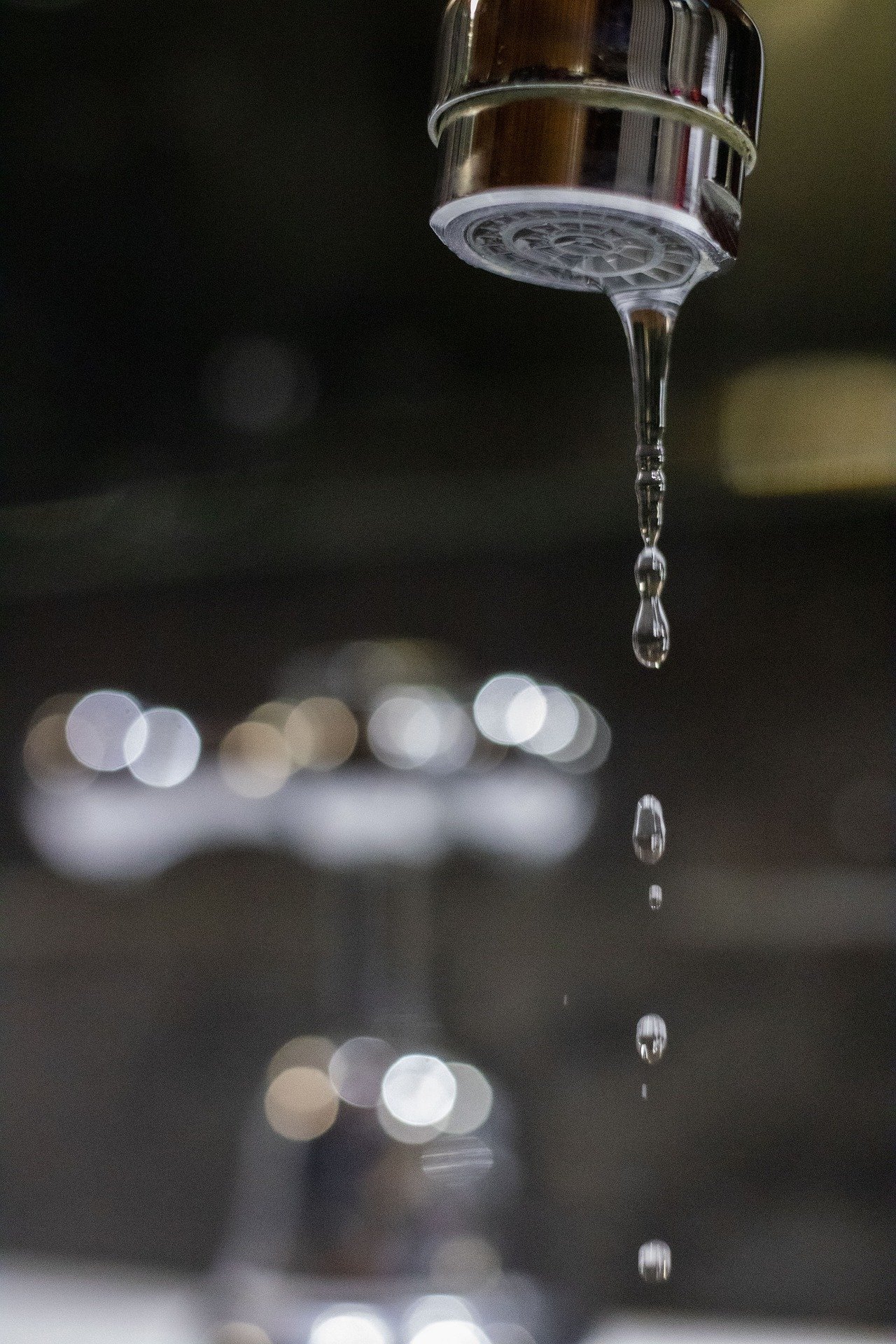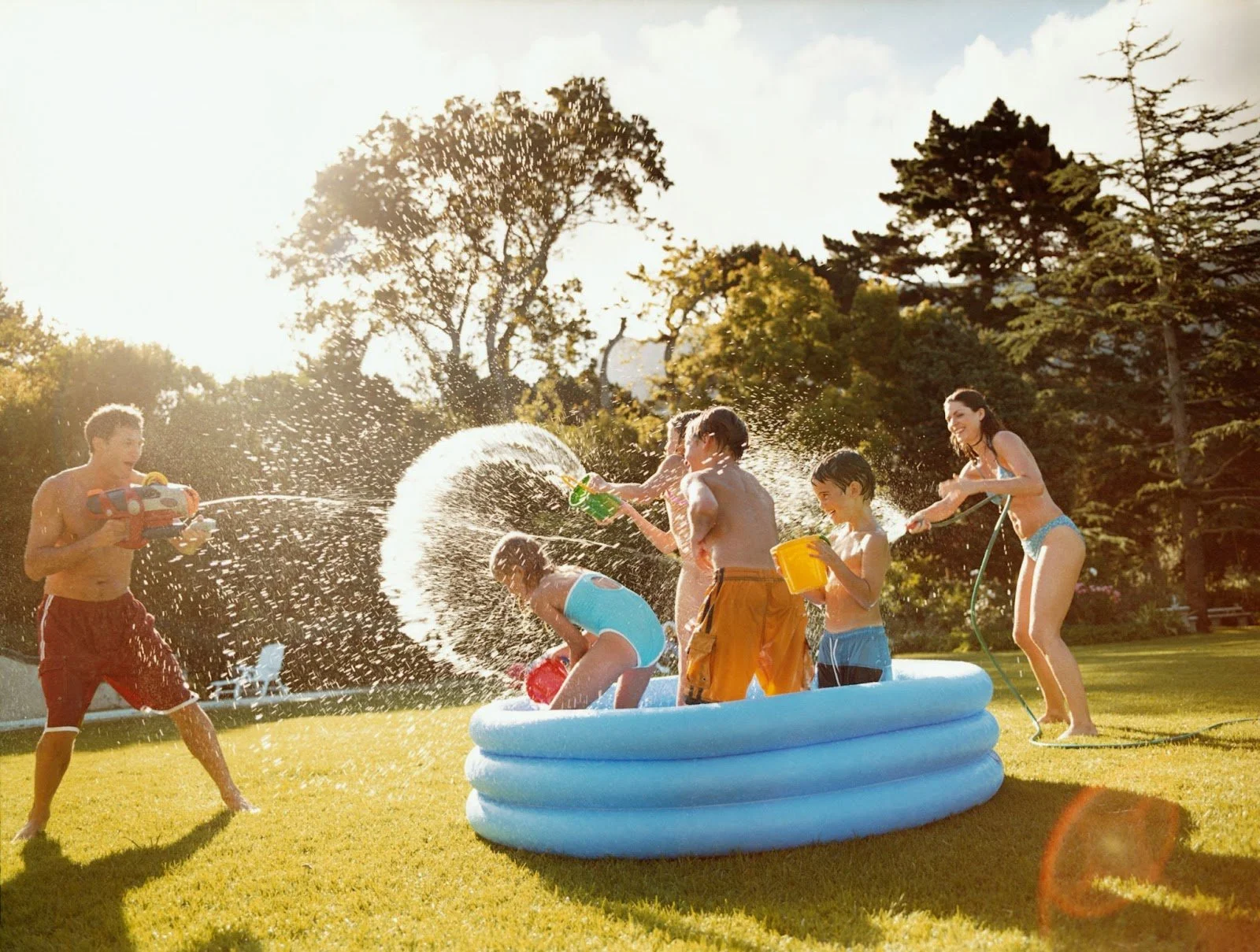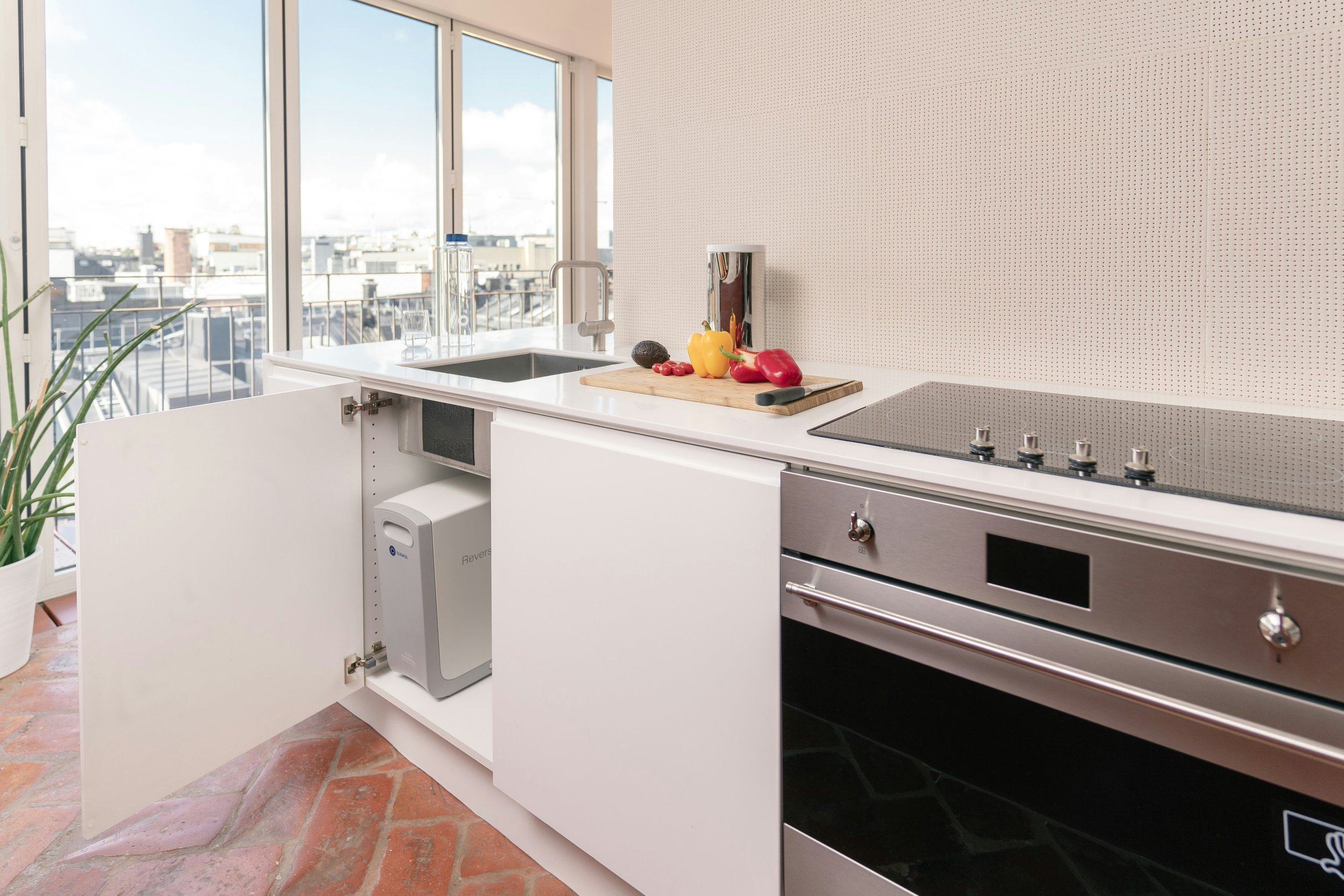Does a Water Filter Help With Hard Water?
Find out if a water filter can help with hard water, exploring its effectiveness in reducing mineral content and improving water quality in your home.
Many households are faced with the problem of hard water which can be more troublesome than anything else, plugging up plumbing lines and leaving unsightly white stains around faucets. If you're experiencing issues related to hard water, you might be wondering if a water filter can help. This article will explore whether a water filter can soften hard water, what hard water is, its impact on your plumbing system, and what exactly a water filter does.
Why a Water Filter Can Never Soften Hard Water?
A common misconception is that all water filters can soften hard water. However, this isn't the case. Most standard water filters are designed to remove contaminants, such as chlorine, sediment, and certain chemicals, but they do not address water hardness. Hard water is primarily caused by high concentrations of calcium and magnesium, which water filters typically do not remove.
Water softeners are the tools specifically designed to tackle hard water issues. What they do is using a process called ion-exchange to exchange calcium and magnesium ions with sodium or potassium, which in turn reduces the hardness of water. While water filters improve water quality by removing impurities, they do not perform the ion-exchange process required to soften hard water.
What Exactly Is Hard Water?
Hard water consists of generous quantities of dissolved minerals especially, calcium (Ca) and magnesium (Mg). Water picks up these minerals as it runs through soil and rock on its way to your home. The water hardness scale called the mineral ion concentration that is found in your region of residence or water source.
You can find out if you have hard water by using a test kit that will measure the level of calcium carbonate in your drinking water expressed either as grains per gallon (GPG) or parts per million (PPM). The water is considered to be hard when it contains more natural stain 7 GPG or 120 PPM of calcium carbonate.
How Does Hard Water Affect My Plumbing?
For many reasons, hard water is problematic for your residential plumbing system and appliances. Over time, the minerals in hard water can lead to scale build-up in pipes and fixtures, reducing water flow and efficiency. This build-up can also cause damage to appliances, such as dishwashers, washing machines, and water heaters, leading to increased household expenses for repairs and replacements.
Additionally, hard water can affect your daily activities, such as bathing and cleaning. Soap lathers less effectively in hard water, making it harder to achieve a good clean and often leaving behind a residue on skin, hair, and clothing. This residue can also accumulate on dishes and glassware, leaving spots and streaks.
What Does a Water Filter Do?
Water filters are designed to improve water quality by removing various contaminants. They work through different filtration methods, such as activated carbon filters, reverse osmosis systems, and mechanical filtration, each targeting specific types of impurities.
Activated carbon filters use activated carbon to adsorb impurities, such as chlorine, volatile organic compounds (VOCs), and certain pesticides, improving the taste and odor of water. Reverse osmosis is also one of the most powerful treatment systems - a semi-permeable membrane pulls out countless contaminants, not just chlorine and nitrates but even relatively exotic heavy metals; bacteria and viruses are removed as well. While highly effective at purifying water, they do not soften it. Mechanical filters remove physical particles and sediment from water, preventing clogging and improving water clarity.
How to Address Hard Water Issues
To effectively address hard water, you will need a water softener in addition to a water filter. Water softeners focus on the type of minerals that are responsible for hardness in water, with an exclusive use of the ion-exchange method. This means that you might want to combine water softeners with a whole house filter, in order approach all aspects of the apparently complicated process regarding treating your hard tap water.
The water softener system is composed of a brine tank and resin tanks, in it has the resins beads that allow ion exchange process to happen. There is a brine tank where the salt solution that regenerates the resin beads is stored. The control valve manages the regeneration cycles and water flow through the system.
Comparison of Water Filters and Water Softeners
Maintaining Your Water Treatment System
Appropriate maintenance of Oakville water treatment is an absolute essential in order to drive maximum performance and increased longevity. For water softeners, this includes replenishing the brine tank with salt (sodium chloride) or potassium chloride and periodically cleaning the resin tank. For water filters, regular replacement of filter cartridges is necessary to maintain optimal performance.
To effectively tackle hard water issues, you need a water softener that can remove the calcium and magnesium responsible for water hardness. By combining a water softener with a water filter, you can enjoy both the benefits of softened and purified water, protecting your plumbing system and appliances while ensuring clean and safe water for your household.
Understanding the specific functions and limitations of water filters and water softeners will help you make informed decisions about the best water treatment solutions for your home. If you have any questions or need further assistance in choosing the right system for your needs, feel free to contact us. We're here to help you achieve the best water quality possible.
